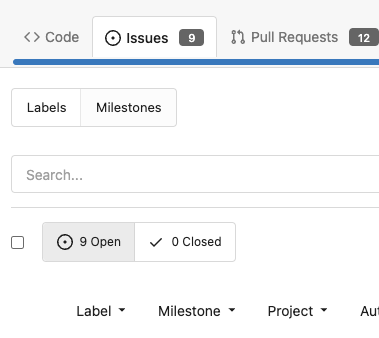Before, the `GiteaLocaleNumber.js` was just written as a a drop-in replacement for old `js-pretty-number`. Actually, we can use Golang's `text` package to format. This PR partially completes the TODOs in `GiteaLocaleNumber.js`: > if we have complete backend locale support (eg: Golang "x/text" package), we can drop this component. > tooltip: only 2 usages of this, we can replace it with Golang's "x/text/number" package in the future. This PR also helps #24131 Screenshots: <details>   </details>
28 lines
630 B
Go
28 lines
630 B
Go
// Copyright 2023 The Gitea Authors. All rights reserved.
|
|
// SPDX-License-Identifier: MIT
|
|
|
|
package translation
|
|
|
|
import (
|
|
"testing"
|
|
|
|
"code.gitea.io/gitea/modules/translation/i18n"
|
|
|
|
"github.com/stretchr/testify/assert"
|
|
)
|
|
|
|
func TestPrettyNumber(t *testing.T) {
|
|
// TODO: make this package friendly to testing
|
|
|
|
i18n.ResetDefaultLocales()
|
|
|
|
allLangMap = make(map[string]*LangType)
|
|
allLangMap["id-ID"] = &LangType{Lang: "id-ID", Name: "Bahasa Indonesia"}
|
|
|
|
l := NewLocale("id-ID")
|
|
assert.EqualValues(t, "1.000.000", l.PrettyNumber(1000000))
|
|
|
|
l = NewLocale("nosuch")
|
|
assert.EqualValues(t, "1,000,000", l.PrettyNumber(1000000))
|
|
}
|